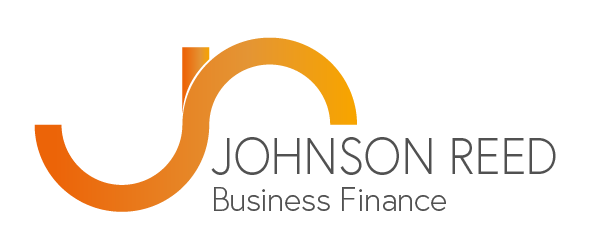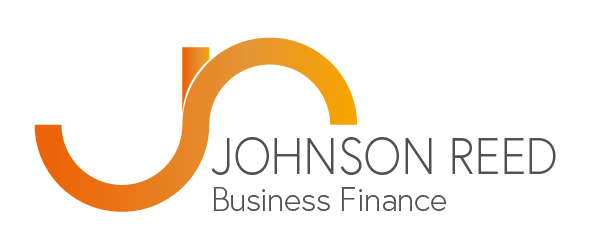Your credit score, in a nutshell, represents your financial stability and is often used as an indication of your ability to meet repayments in a credit agreement.
A ‘clean’ rating is not only critical to your customer-supplier-relations, but also plays a vital role in your finance application. The more ‘creditworthy’ you appear to be, the more successful you’ll be in your application.
There are a multitude of factors that can affect both your personal and business rating, so it’s important to be aware of these and know what you can do to avoid unnecessary stains on your credit report.
1. Don’t bury your head in the sand – Coming to terms with important financial information might seem daunting, but it’s always better to be aware of your situation and act on it accordingly. You can check your own credit report as often as you like, but depending on the credit bureau you use, you may be charged a nominal fee. Each bureau will take different factors into account to calculate your score, so try to check a few to form an accurate picture across the board.
2. Analyse your weaknesses – Credit scores are on a scale of 300 (worst) to 850 (best). Any reasons you have been penalised will also show up in the report, so you can take note of these and work forward to rectify them or try to avoid making the same mistake in the future.
3. Ensure all information is up to date – When your business details change, it’s vital to inform all the necessary parties, especially Companies House. This information is used on your credit file and failing to update records could be perceived as an attempt to commit business fraud or identity theft. By simply being proactive, you could save a lot of hassle and unwarranted damage to your reputation further down the line.
4. Beware of footprints – The Federal Fair Credit Reporting Act states that only those with a ‘legitimate need’ can request a copy of your credit report. However, your report will show how many times your report has been accessed, even if your application for credit is declined or you decide not to go ahead. Whilst this is not detrimental to your score, lenders like to see that you can invest your own money and don’t solely rely on credit. Be wary of the footprints and ensure your application is necessary before going ahead.
5. Pay promptly – Try to ensure that any money you do owe is paid promptly. This will show lenders that you’re sensible and able to take on the commitment and meet repayments on time. It’s equally important that you file any tax returns correctly and punctually. If you’re struggling to gather the information yourself, get an accountant or advisor on board to help – it’s simply not worth missing the deadline! If it’s a case of insufficient cash flow delaying your returns, remember Johnson Reed’s unsecured loans can offset the urgency with a short-term solution, allowing you to make smaller repayments over an agreed term.
6. CCJs – A County Court Judgement (CCJ) is a court action taken against you by a party that believes you owe them money. Being proactive with your accounts and keeping track of payments should avoid CCJs rearing their ugly head, but if action is taken against you, try to be resilient and settle the issue within 28 days. Outstanding payments can stay on your file for up to six years and affect how potential lenders view your ability to meet repayments.
7. Maintain personal finances – Business and personal finances are not always unrelated. If you provide a personal guarantee when applying for a bank loan, for example, it will be your personal credit file that gets searched and an undesirable score could result in a decline. This aside, your personal credit score will impact the financial credit you’re able to access outside of your business, whether it’s for a credit card or simply a monthly payment plan for your car insurance!


